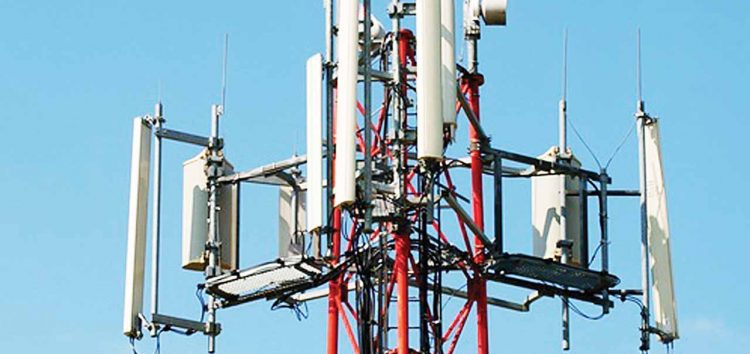For African telecom operators, the year 2020 was anything but “business as usual”. This is because the regular workflow was heavily disrupted by the COVID-19 pandemic which affected businesses globally.
Following the widespread outbreak which led to prolonged lockdowns in several African countries, telecom operators including MTN and Safaricom had to review certain policies ranging from slashing data tariffs to enabling zero-rated mobile money transfers.
However, despite the far-reaching inimical economic impact of COVID-19 on network providers across Africa, there were notable advancements in areas such as 5G deployment and broadband penetration.
In this article, I review the African telecom space over the course of 2020, pointing out the gains, challenges and what to expect going forward. The Gains
5G Deployment
Despite COVID-19 related controversies , the latest generation of cellular networks, 5G was deployed in Africa by MTN and Vodacom in 2020 to provide subscribers with superfast wireless mobile connectivity. In May, Vodacom launched Africa’s first live 5G mobile network in three South African cities. Later in June, telco giant MTN unveiled its 5G network across 100 tower sites in major South African cities including Johannesburg, Cape Town, and Port Elizabeth.
5G trials have also been conducted by MTN in Nigeria and Uganda as well as Safaricom and Airtel in Kenya.
However, aided by the temporary additional spectrum assigned by the government post-COVID-19, South Africa remains the only African country where 5G has been commercially deployed.
Increased Broadband Penetration
During the year, there was significant expansion in broadband penetration across the world’s second largest continent. Mobile broadband coverage grew to 77% in 2020, 18% more than the 70% achieved in 2019, according to data from the International Telecommunication Union ITU and World Bank . According to internetworldstats , internet penetration in Africa reached 39.3% in 2020, 19.5% closer to the world’s average of 58.8%. In Nigeria, the government approved a N126.7 billion credit facility to increase internet access in the Northern region as part of its National Broadband Plan targeting 65% penetration by 2024. Also, with $20 million aid from the World Bank, MainOne led the second phase of Burkina Faso’s mass broadband delivery project.
With over half a billion (530 million) internet users, Africa’s broadband penetration is poised to continue on an upward trajectory. Rollout of e-SIMs Vodacom and MTN again led the way with e-SIM in Africa after introducing them into South Africa last year. MTN Nigeria followed suit by […]
